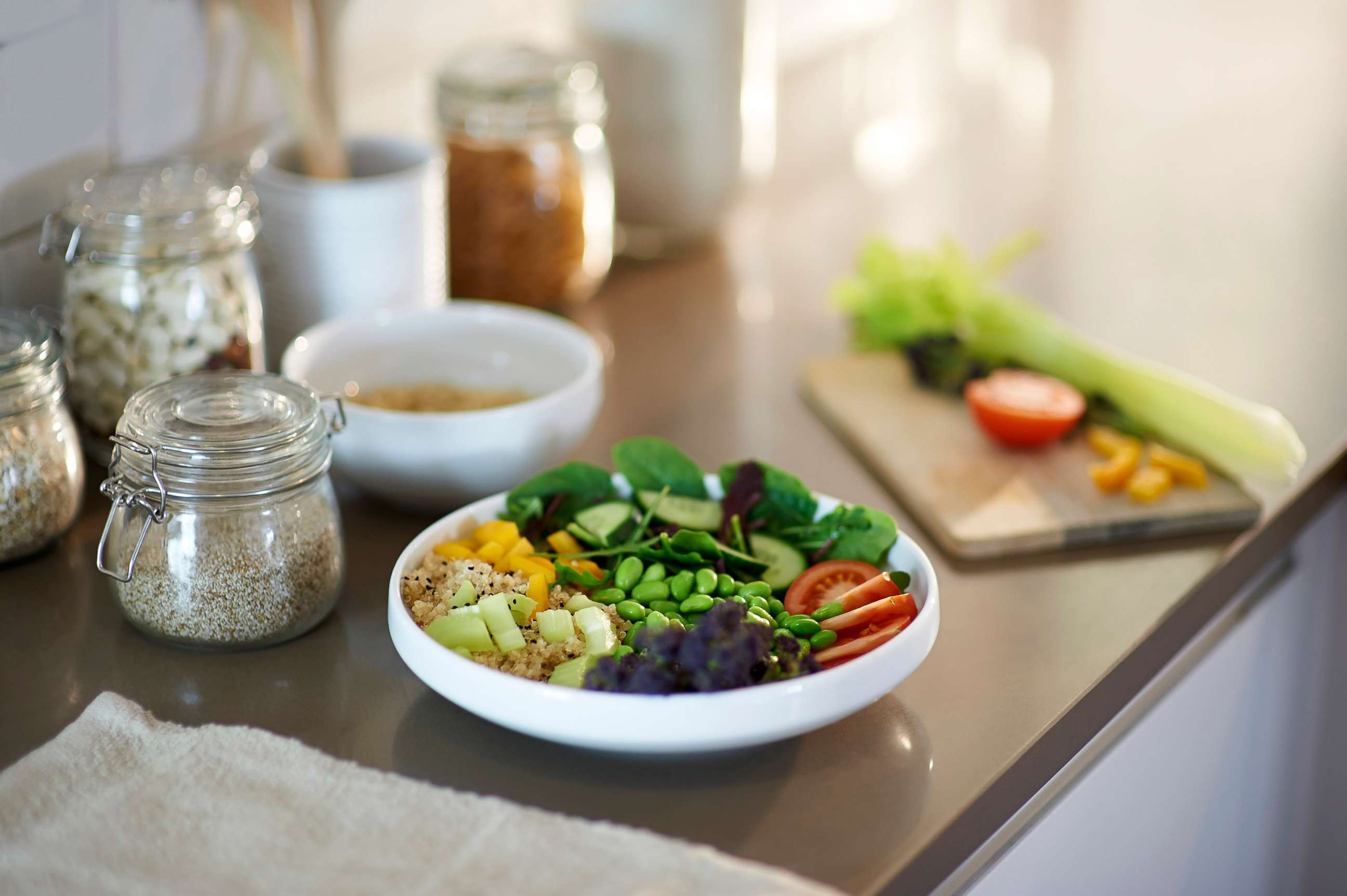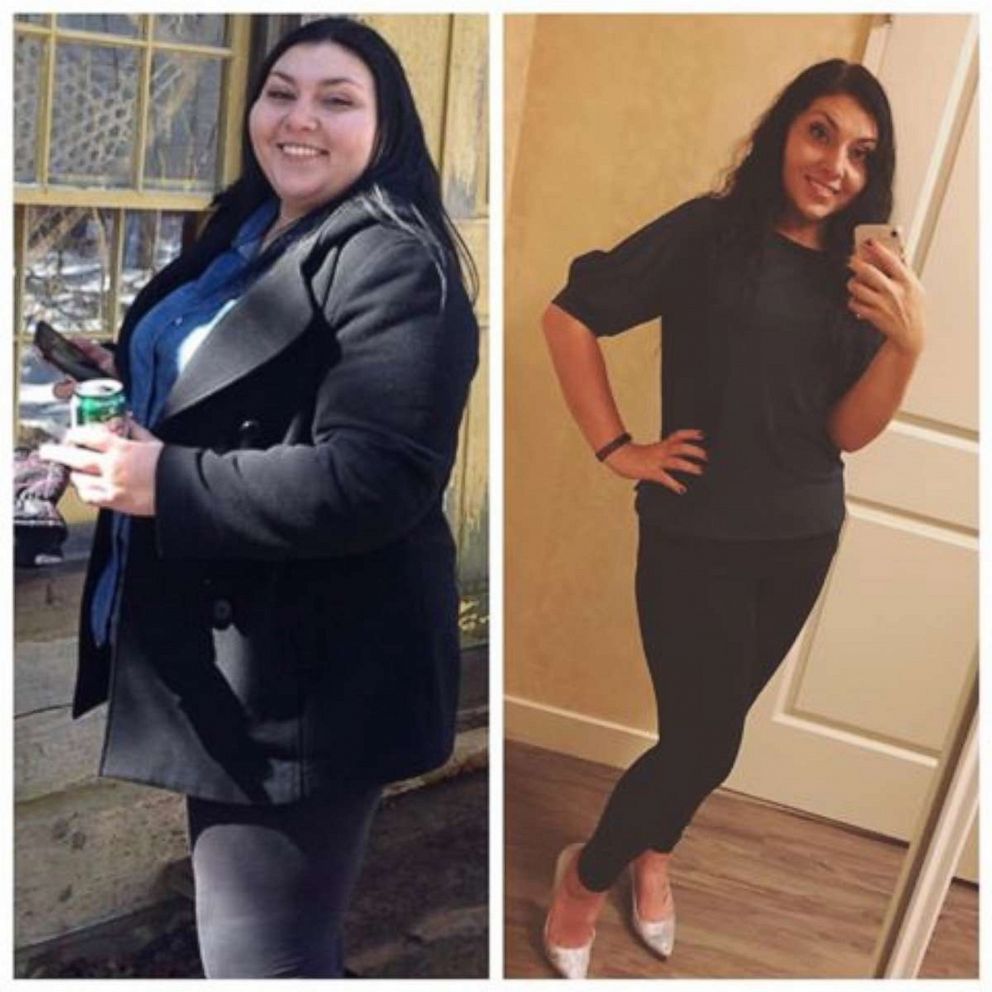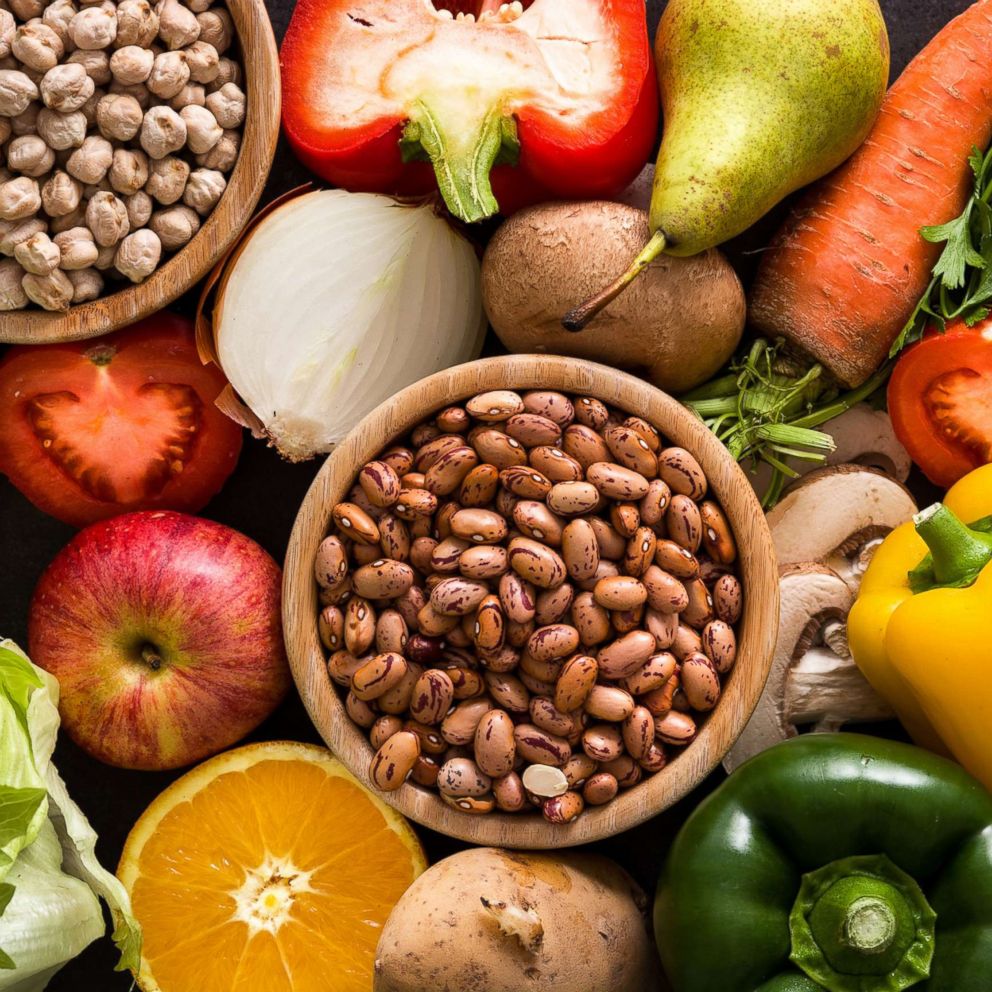Eating a more plant-based diet can add years to your life, study finds
Dr. Jennifer Ashton shares what to know about plant-based diets.
Adding more plants to your diet can add years to your life, according to a new study.
Researchers in Norway used computer models to compare a typical Western diet -- heavy on animal-based proteins dairy and sugar -- with a more ideal plant-based diet that's heavy on fruits, vegetables, beans and grains and light on animal-based proteins.
According to the models, a 20-year-old who went all-in on the plant-based diet could add 10 years to their life. Even just making a partial change could add six years of life expectancy.
An 80-year-old who started a plant-based diet could add three years to their life expectancy, according to the study, published Tuesday in PLOS Medicine.
"A sustained dietary change may give substantial health gains for people of all ages both for optimized and feasible changes," the researchers wrote. "Gains are predicted to be larger the earlier the dietary changes are initiated in life."
The researchers turned their model into a public online tool, Food4HealthyLife, where users can calculate how dietary changes can change their life expectancy.
A plant-based diet is a way of eating that consists mostly or entirely of foods derived from plants, including vegetables, grains, nuts, seeds, legumes and fruits.
Plant-based diets typically consist of eating few to no animal foods and is different from vegan diets, which eliminates all animal foods and products, and from vegetarian diets, which eliminate all meat, fish and poultry.

Plant-based diets, often done for health and environmental reasons, also often place an emphasis on whole foods.
Even small changes make a difference when it comes to trying a plant-based diet, according to Dr. Jennifer Ashton, ABC News chief medical correspondent.
"I think when people hear plant-based diet or they hear a definition they get very intimidated. This does not have to be an all-in thing," Ashton said Wednesday on "Good Morning America." "You can make small changes with, let’s say, a meatless Monday or just one meal of every day."
She added, "Read the labels. Explore those food aisles. There are more plant-based options than ever."
Plant-based diets have been steadily gaining acclaim for the last several years, often landing atop the annual best diet rankings from U.S. News & World Report.
Here are four questions answered about the plant-based diet trend.
1. What are good things to eat on a plant-based diet?
Brian Wendel, maker of the 2011 documentary "Forks Over Knives," places an emphasis on eating whole, minimally processed foods within a plant-based diet.
"For me, the best guide is, does the food still look somewhat like it does when you take it out of the ground? When you cook a potato, it still looks like a potato," he told "GMA" in 2020. "The more a food is like that the more you can lean on that in your diet and lifestyle, for health benefits."
Of course fresh vegetables and fruits are a big part of a plant-based diet, as well as nuts, whole grains and legumes. Seafood and meat products can also, on occasion, be part of a plant-based diet.
Wendel emphasizes eating more than just vegetables on a plant-based diet to ensure you are taking in enough calories.
"Make starchy foods -- beans, rice, sweet potatoes, quinoa, chickpeas –- the center of the plate because that has the energy to sustain you," he said. "And then surround it with vegetables."
2. What about all the packaged foods advertised as 'plant-based'?
The emphasis on eating whole foods on a plant-based diet raises the question of what to make of all the packaged plant-based products on the market, from kale chips to meat-free burgers.
"So many diets that are restrictive or have a buzz name have nothing in their description about the quality of their food and that’s something that is really important," said Deirdre Tobias, assistant professor in the department of nutrition at Harvard School of Public Health. "A lot of these plant-based products might still be highly processed and have a lot of sodium and saturated fats."
"Be careful about plant-based being used as a marketing tool," she said.







